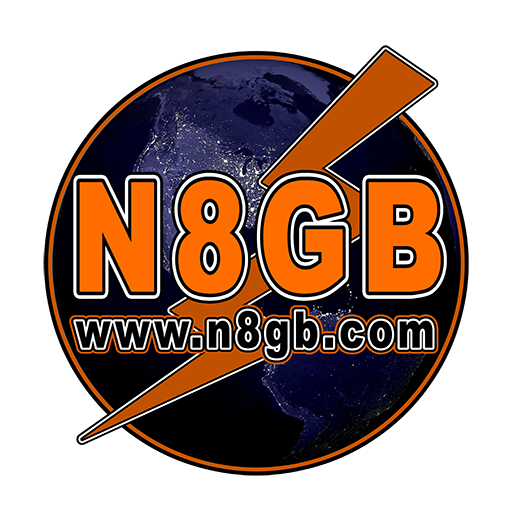The Sharing of a Jewel
 Just found this Little Jewel on the interswebs. While I don’t believe it’s 100% accurate, (there are many times that phonetics for callsigns are extremely important on phone ops), it dang sure touches my heart 🙂
Just found this Little Jewel on the interswebs. While I don’t believe it’s 100% accurate, (there are many times that phonetics for callsigns are extremely important on phone ops), it dang sure touches my heart 🙂
http://www.qsl.net/dl4tt/w5vsr.html
Now, you must be ready with this one at a moment’s notice: “HI.” Never, ever, laugh if you find something funny. Say “HI” or even better “HI-HI.” It doesn’t really take the place of laughter, but it tells the other operators that you know how to laugh on CW.
Of course, you may be familiar with this blog entry of mine that reflects the same attitude toward “HI-HI” as the above quote from W5VSR’s post.
I think “QRZ the Frequency/Channel” is now a thing of the past (probably broke that bad habit by people like W5VSR writing articles [blog posts? like mine? well, damn!] about such behavior).
As for “over”, that is within the scope of the “plain English” form of radio comms, which is widely used in professional radio comms, military, etc. While in amateur radio it may not be necessary to use such for a group discussion (where everyone is familiar with everyone else in the group), for making short conversation contacts or DX, it’s very useful. The operators are not familiar with each, therefore, the tonal inflection of voices may not be familiar with one another, among other things.
Just about anything carried over from CB land stings the amateur radio operator, I mean, well, we did pass a test, right? [tic] By the way, what is your handle? /sarcasm.
As for marking oneself /portable, /maritime mobile, /mobile, /a (european) etc. I am of course a proponent of such. This allows someone to log each of these separately, and might I add, very easily, without making comments/notes, of which, it also makes referencing these contacts very easily, especially in the digital age of logging. There’s a lot of people working portable these days, mountain-topping, peaks on the air, national parks on the air, mobile, QRP (another valid use of the Q codes) and when they give the stroke-whatever, usually obtain priority in pileups. While this may offend the sensibilities of those I also add in the comments for a contact a couple of important things, one in particular is if the distant operator is running as a /JEJ. This is a very important aspect of the conversation, one that I don’t want to forget.
I should not have to phonetically give my callsign out to everyone I am communicating with, I agree with this 100%. The problem is, not 100% of my contacts have the shit cleaned out of their ears to be able to understand what is being said to them. Even with giving it phonetically, in a one-letter-per-second recitation of my callsign, piss poor operators cannot understand what is being said. Do they even have a pencil and paper in front of them? Say each of the following so that it takes you one second per letter, sounded out phonetically: W H I S K Y – pause – V I C T O R – pause – Z E R O – pause – C H A R L I E – pause Q U E B E C, if you can’t understand that, perhaps you should learn CW. But, of course, there’s many people that I’ve encountered, either personally or while watching others operate, that cannot comprehend a phonetically given callsign. I’ve tried variations of the process, I’ve given out the call in several different ways, with standard phonetics and a mixed bag of other phonetics. I’ve tried straight-up alpha/numeric callsigns, and people simply cannot hear it, yet, they’ll return with the Holy Grail 5/9 Report!
Consider this: The best thing about using Q codes? It eliminates people using the 10-code.
QSL? WV0CQ will be QRT. 73! 44! HI HI!





